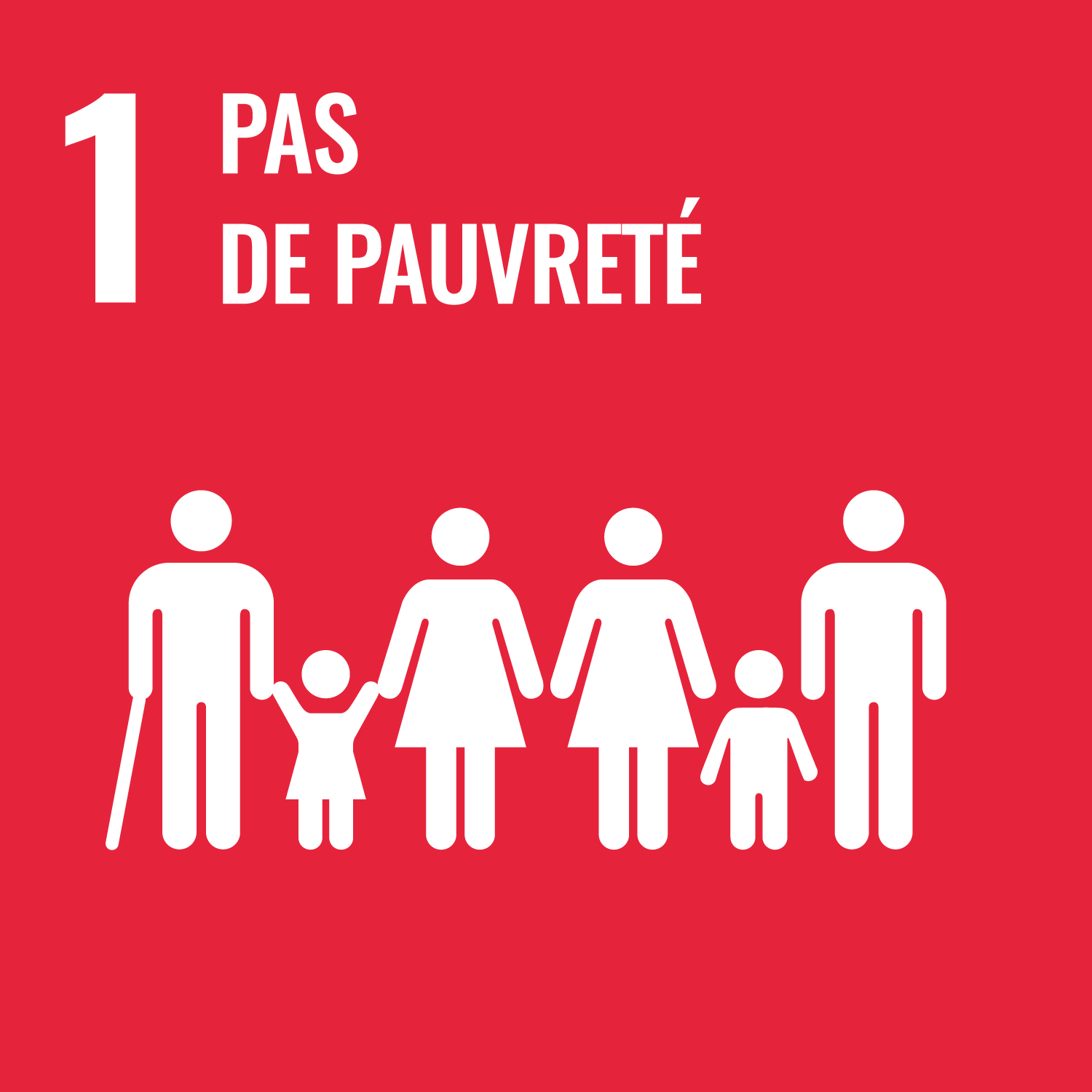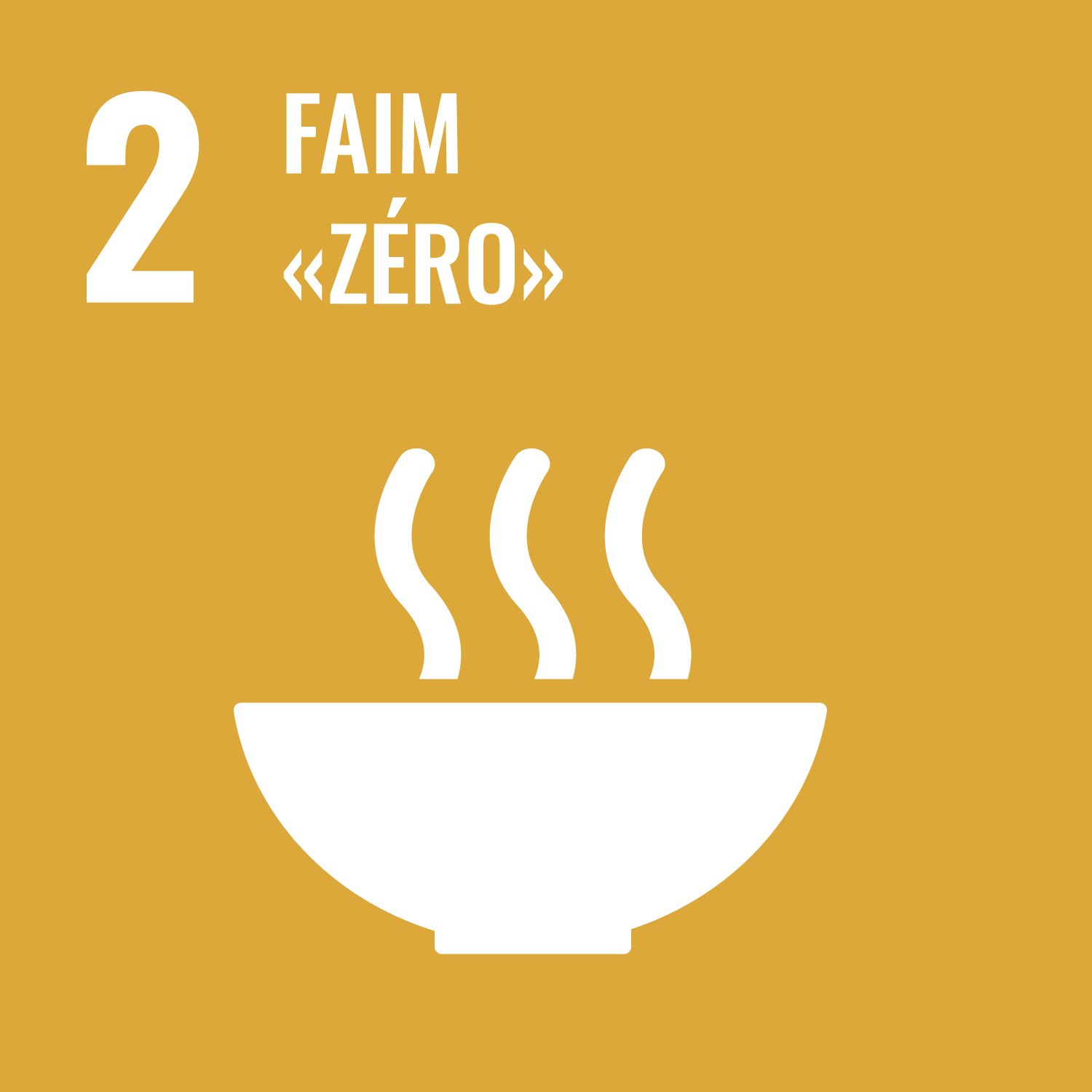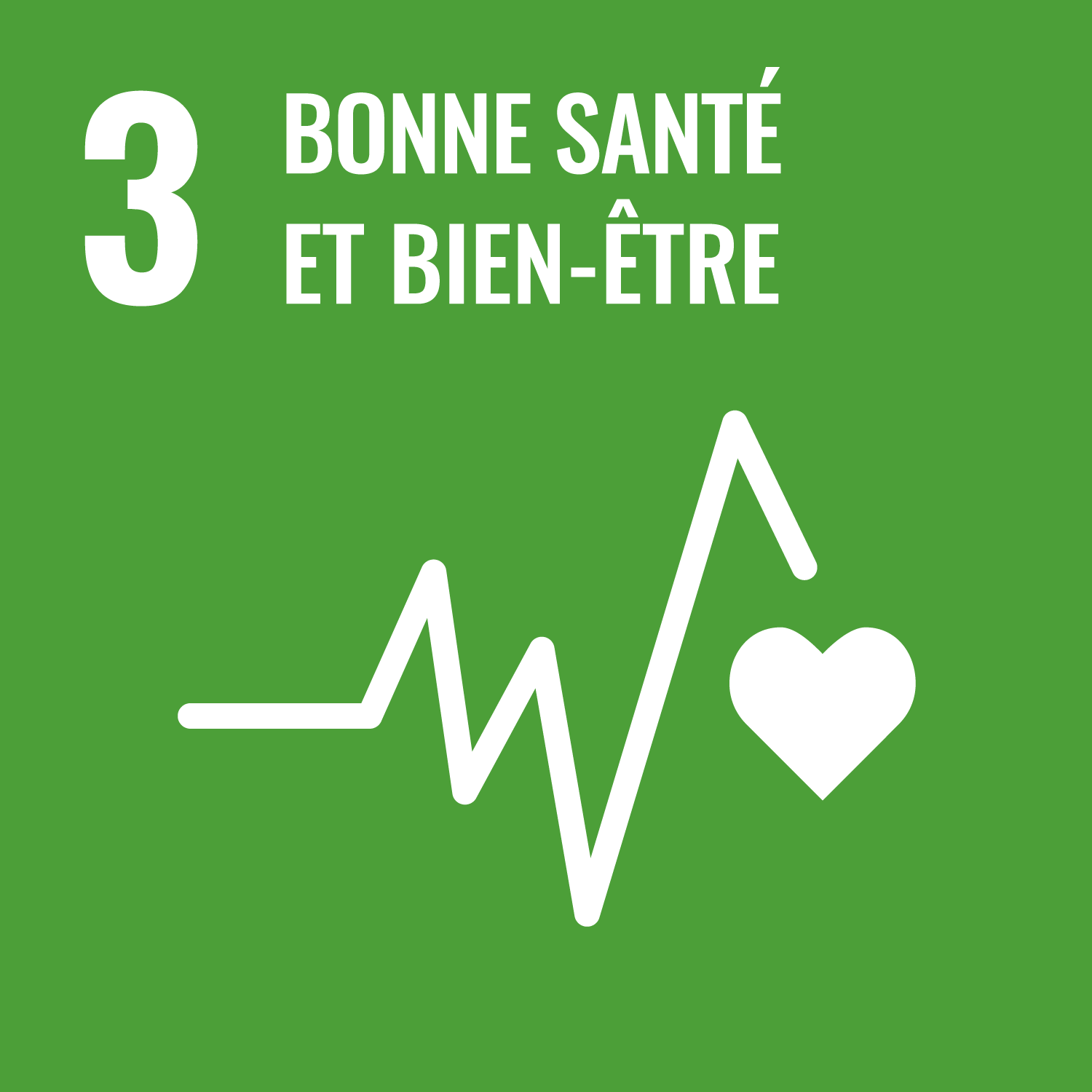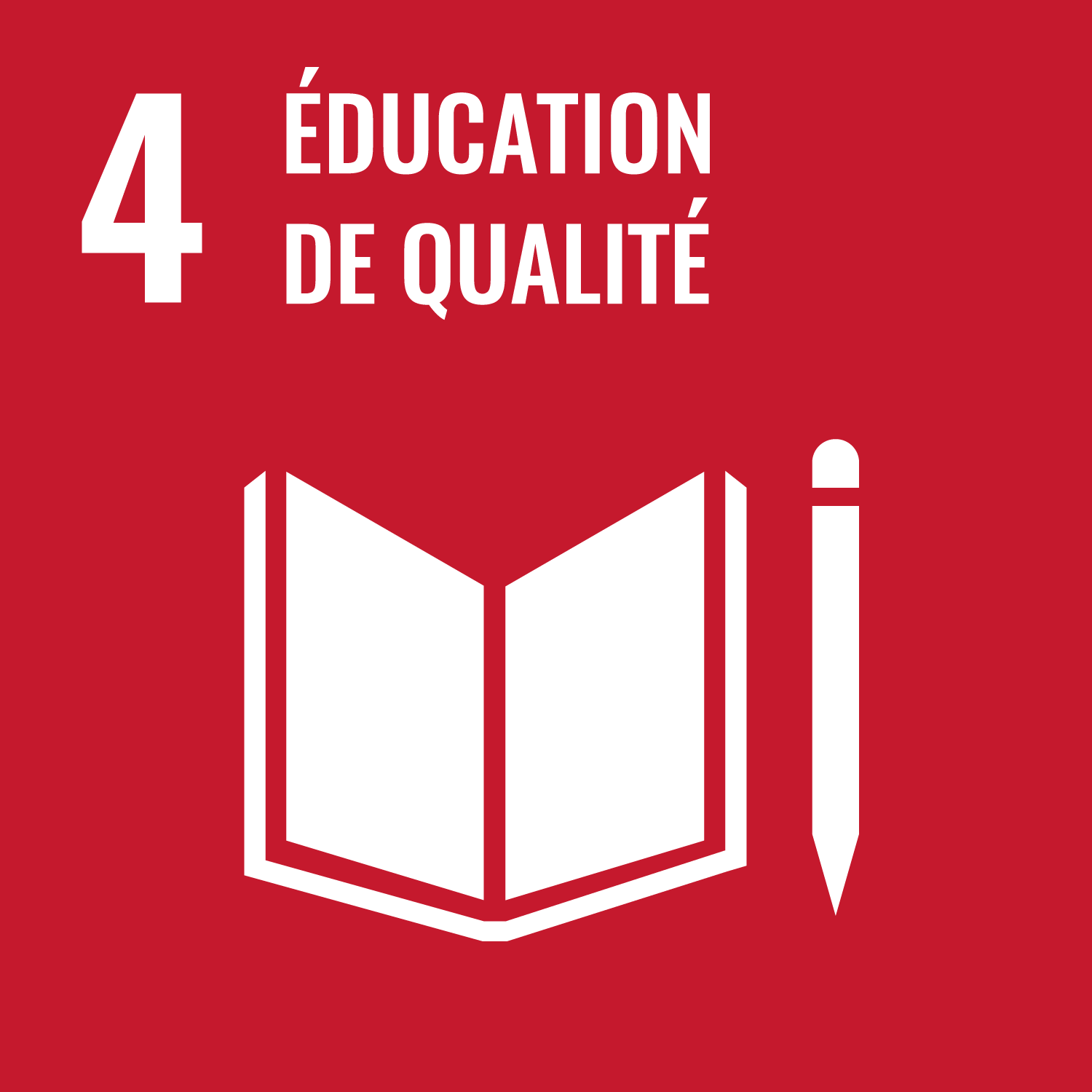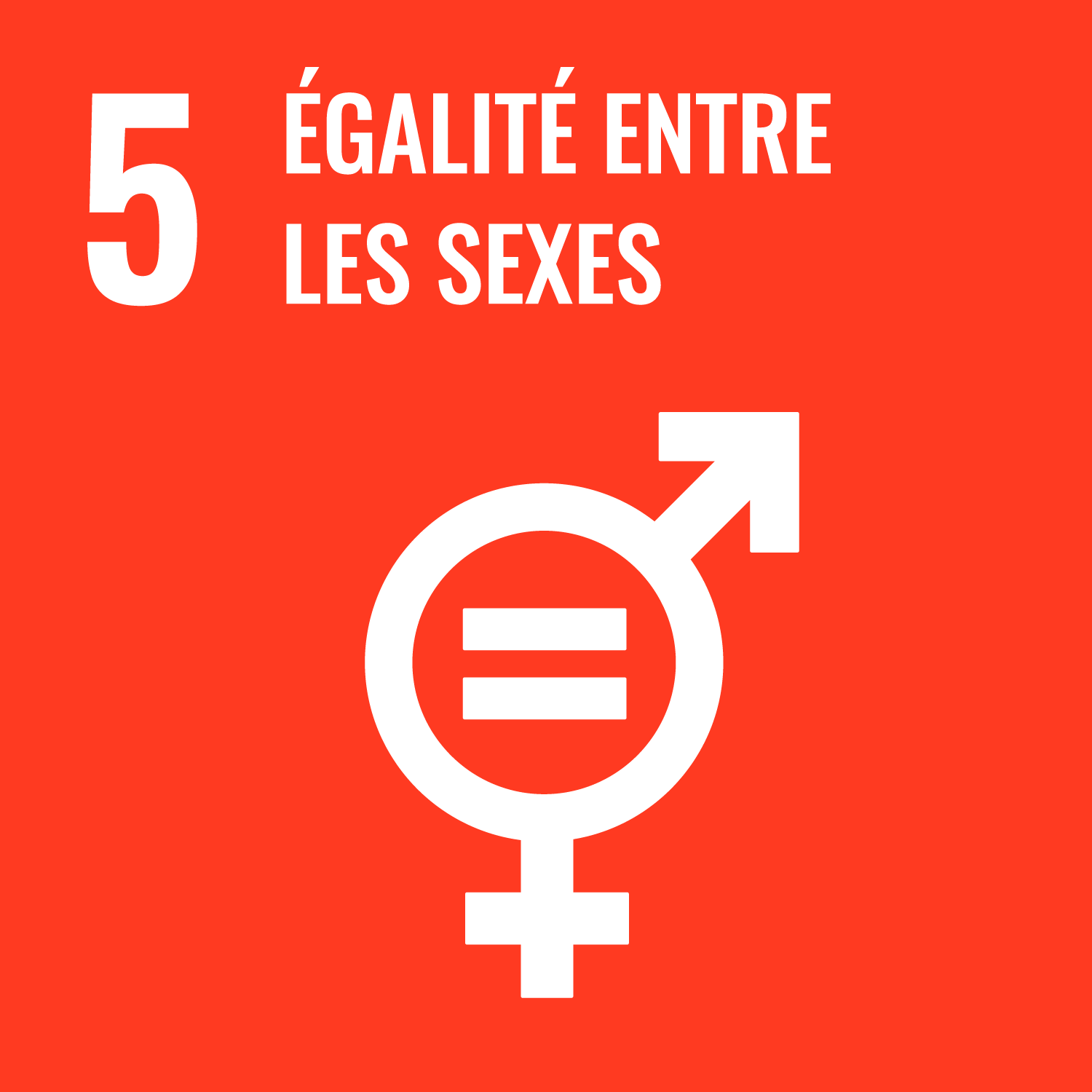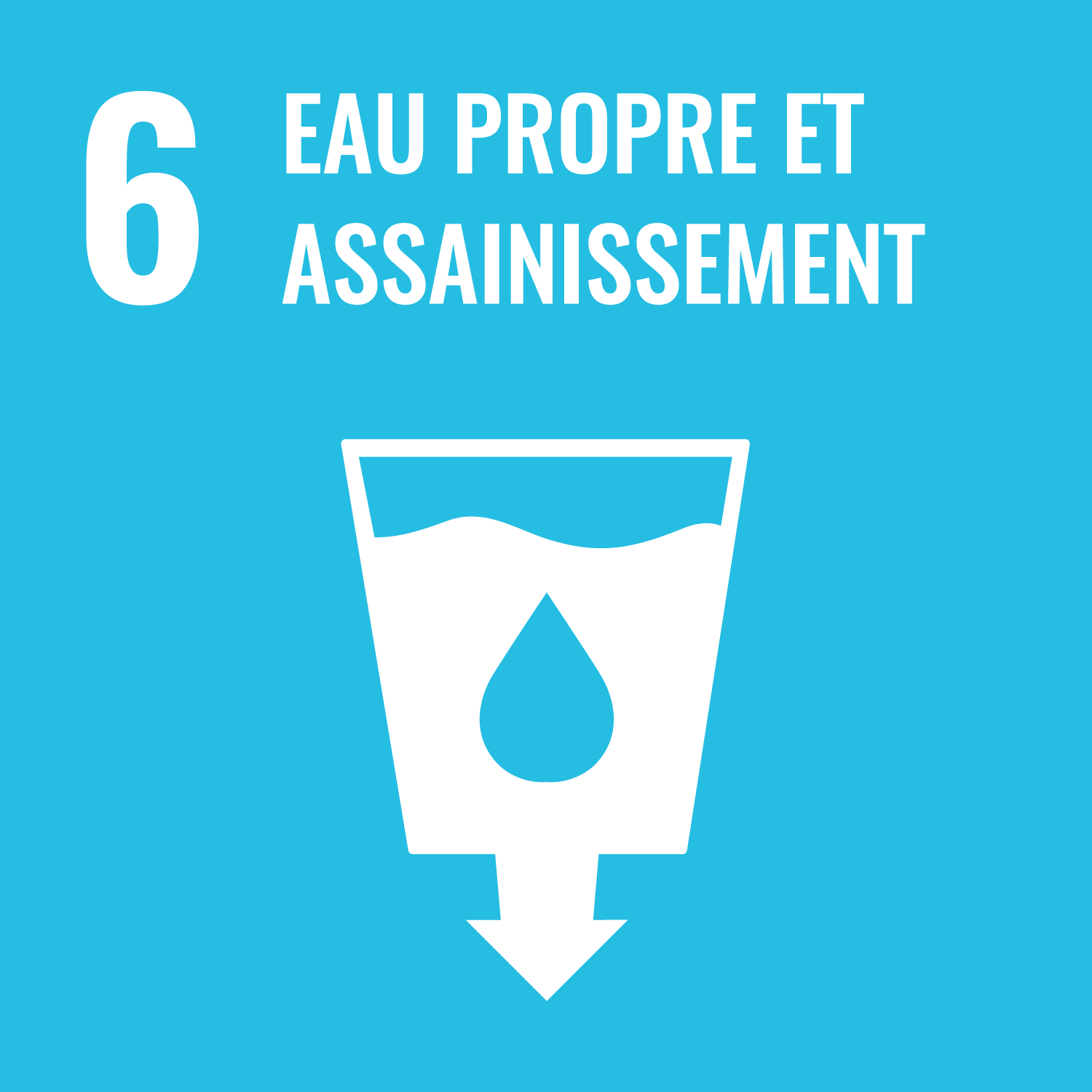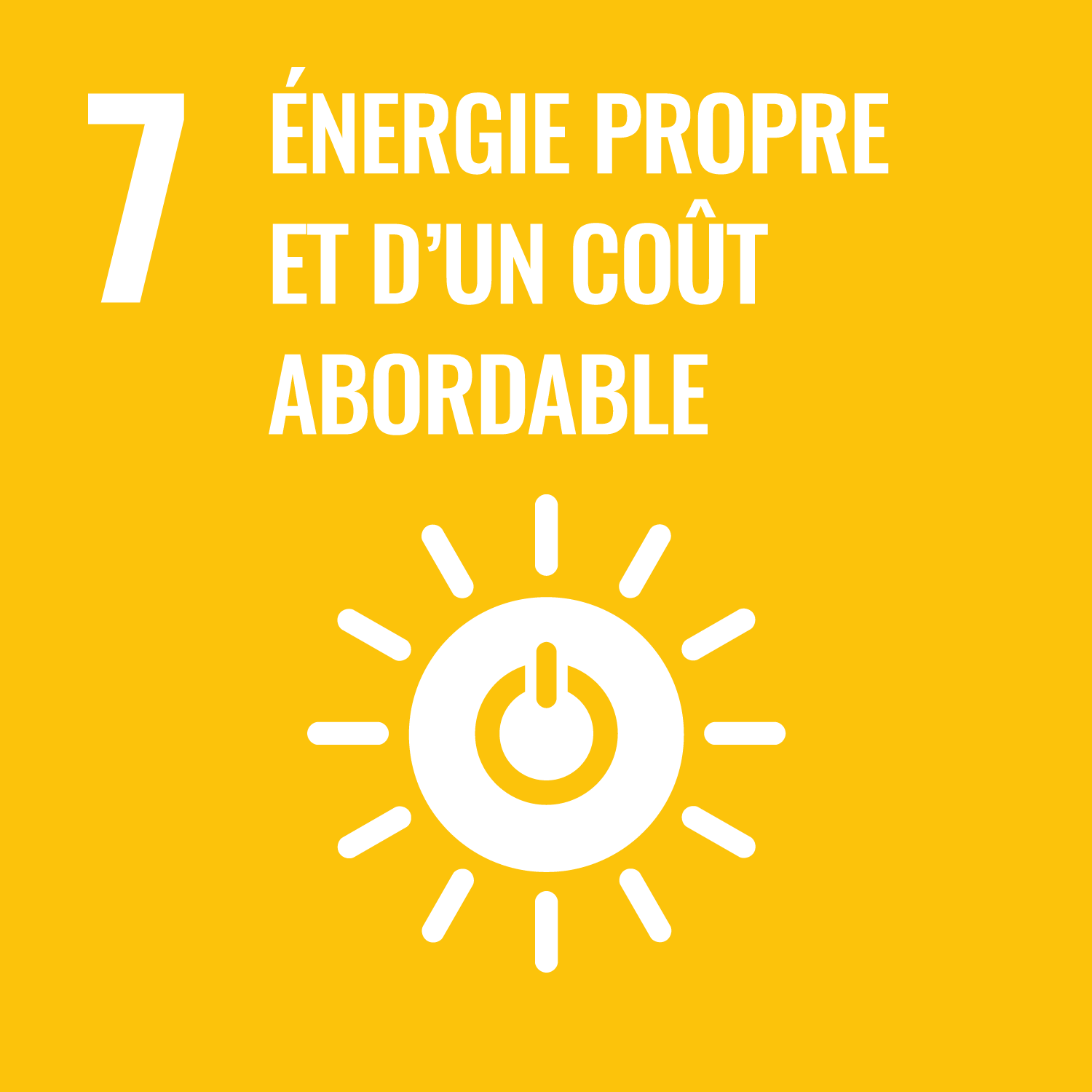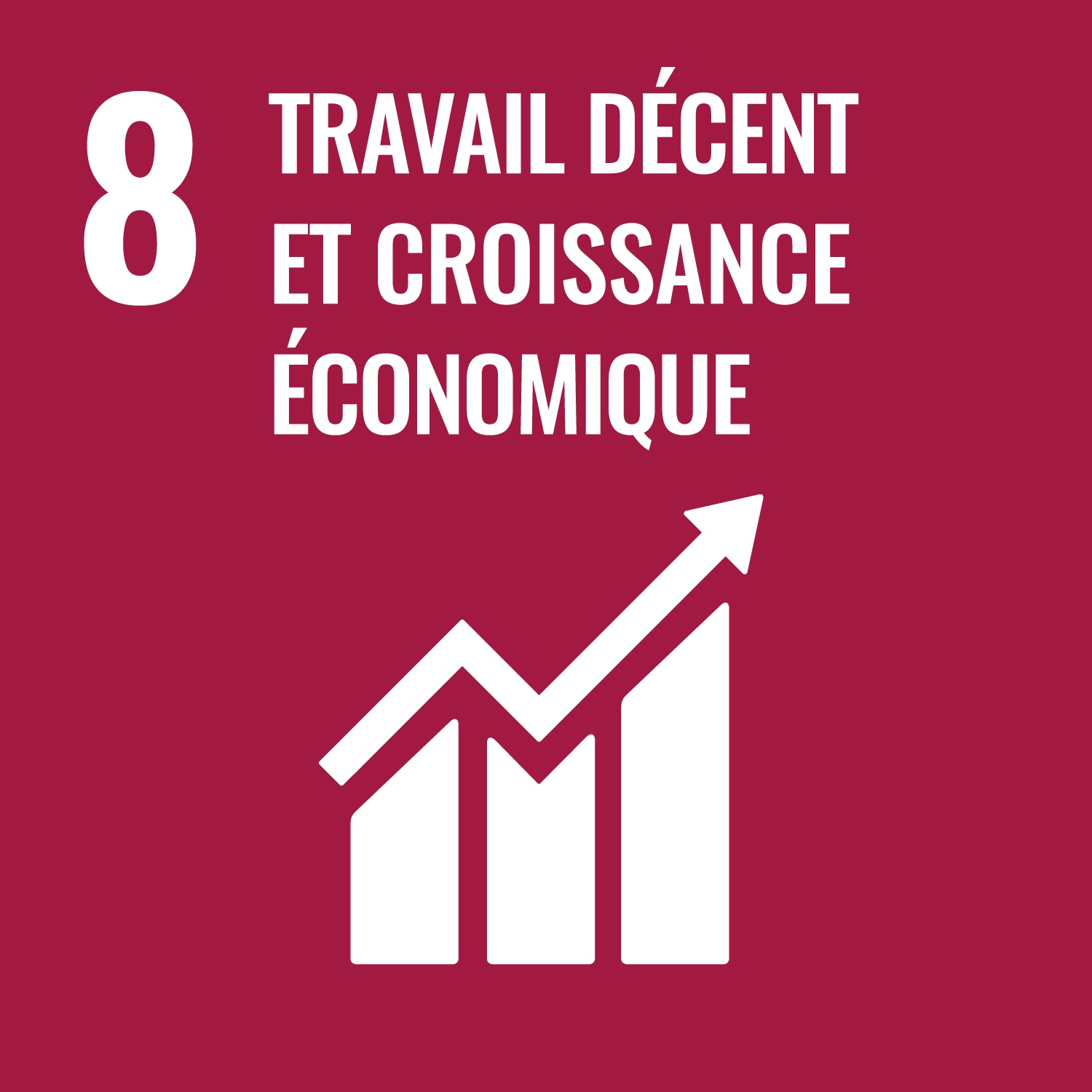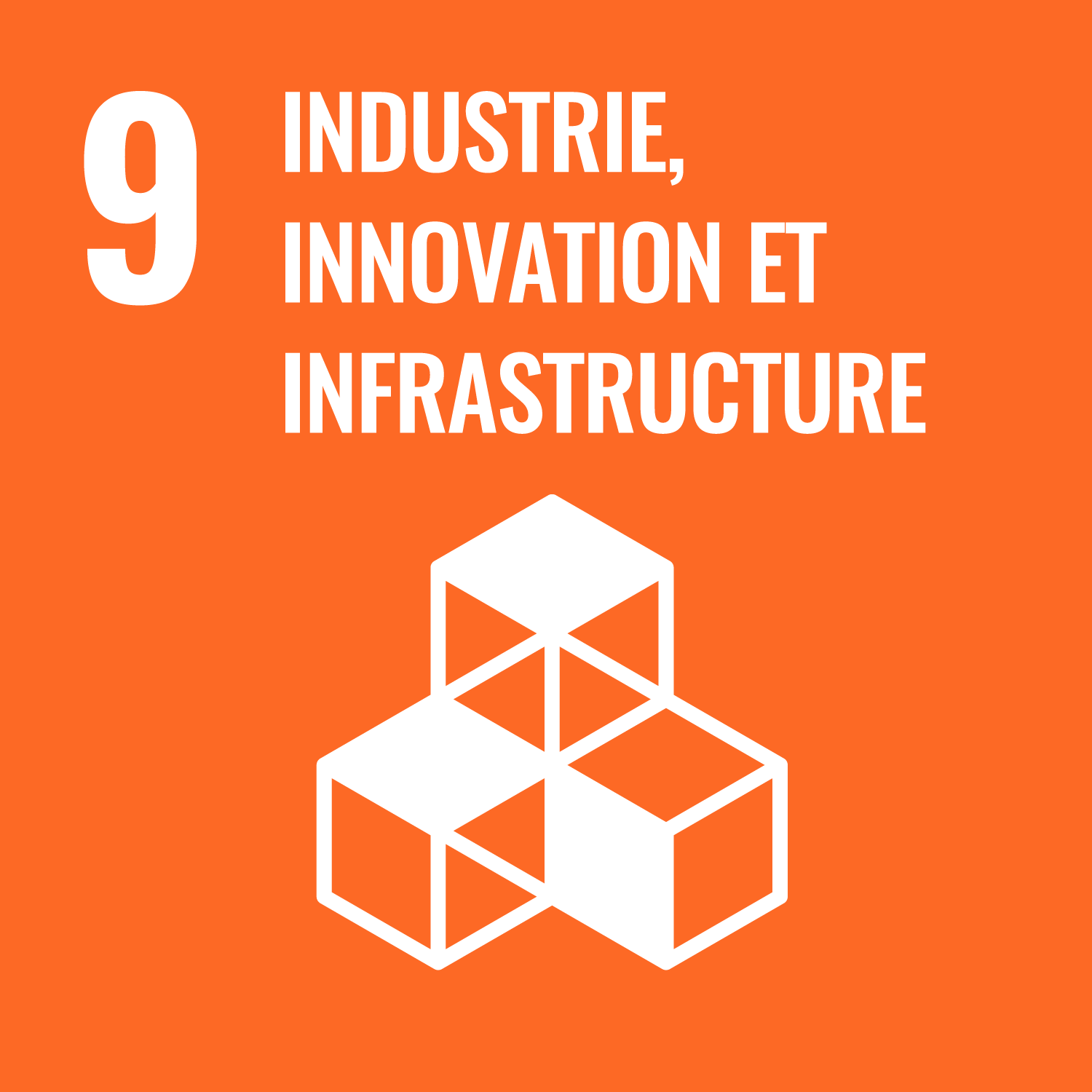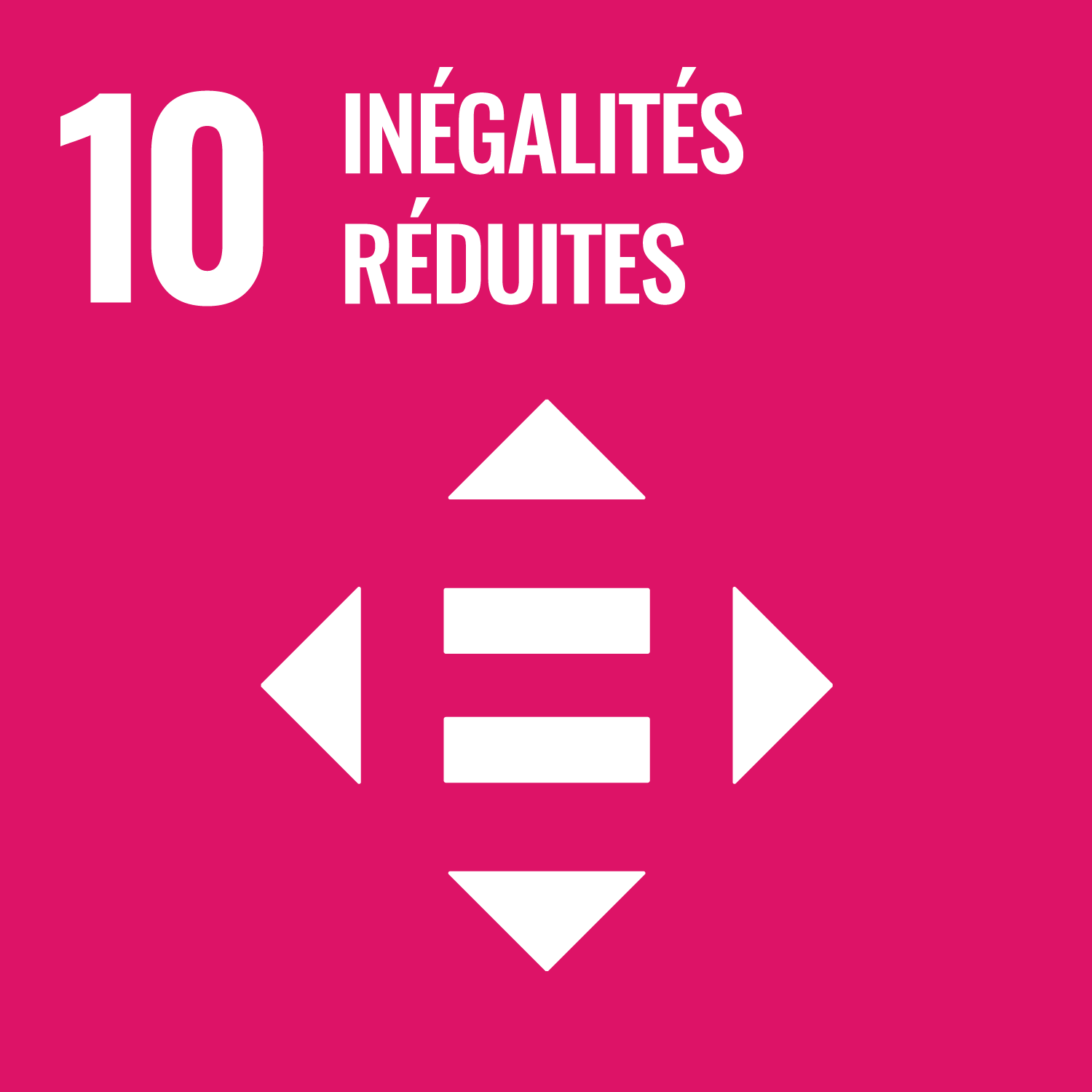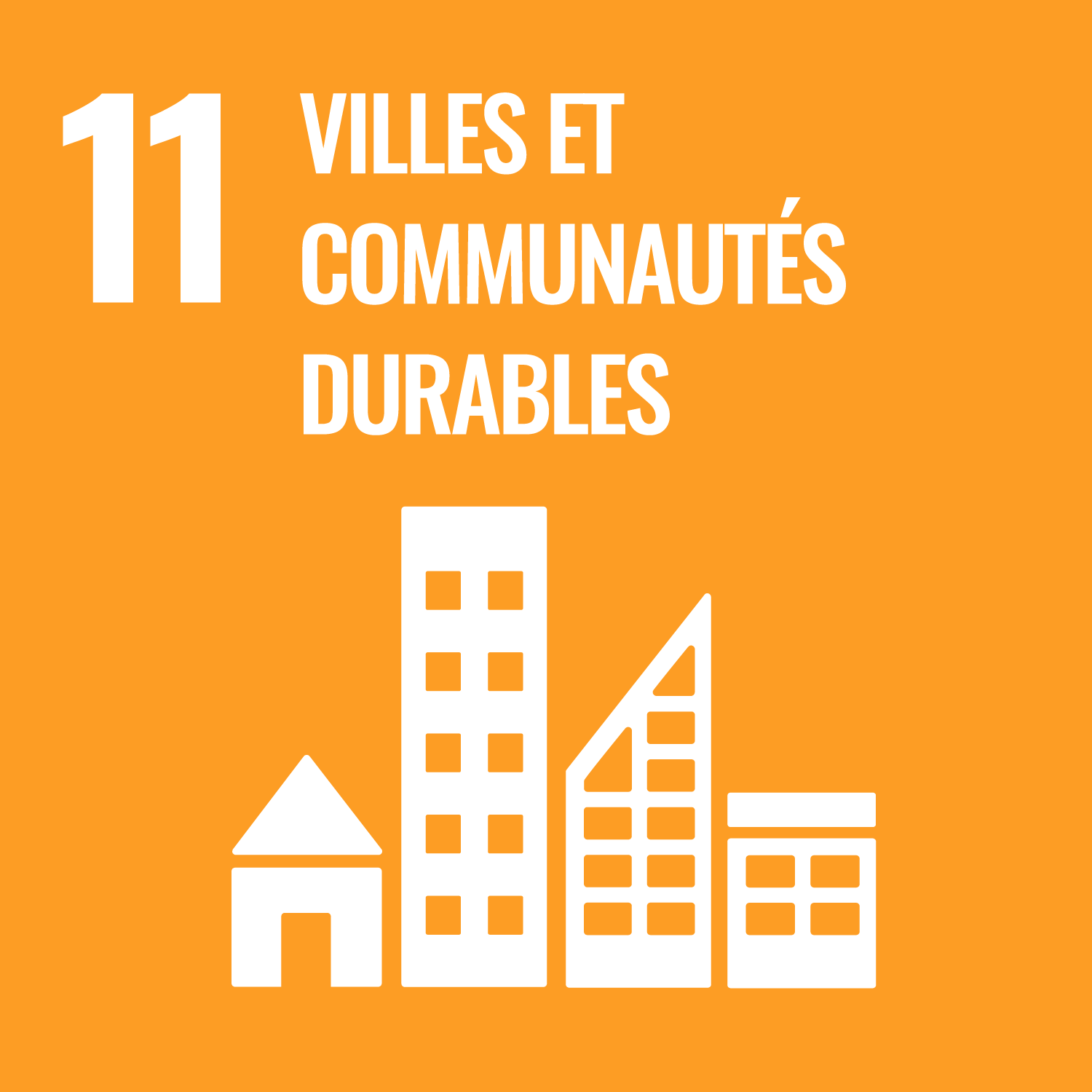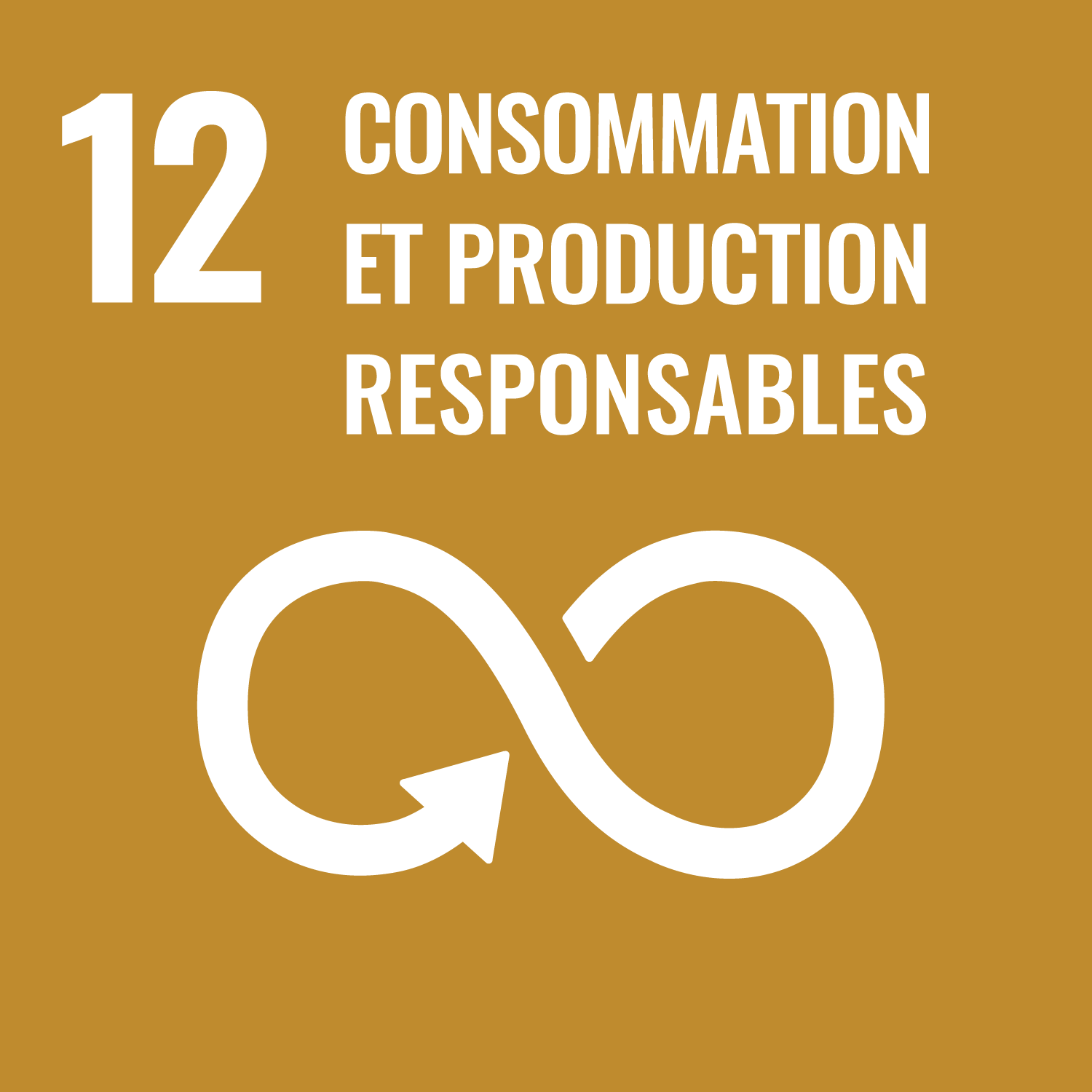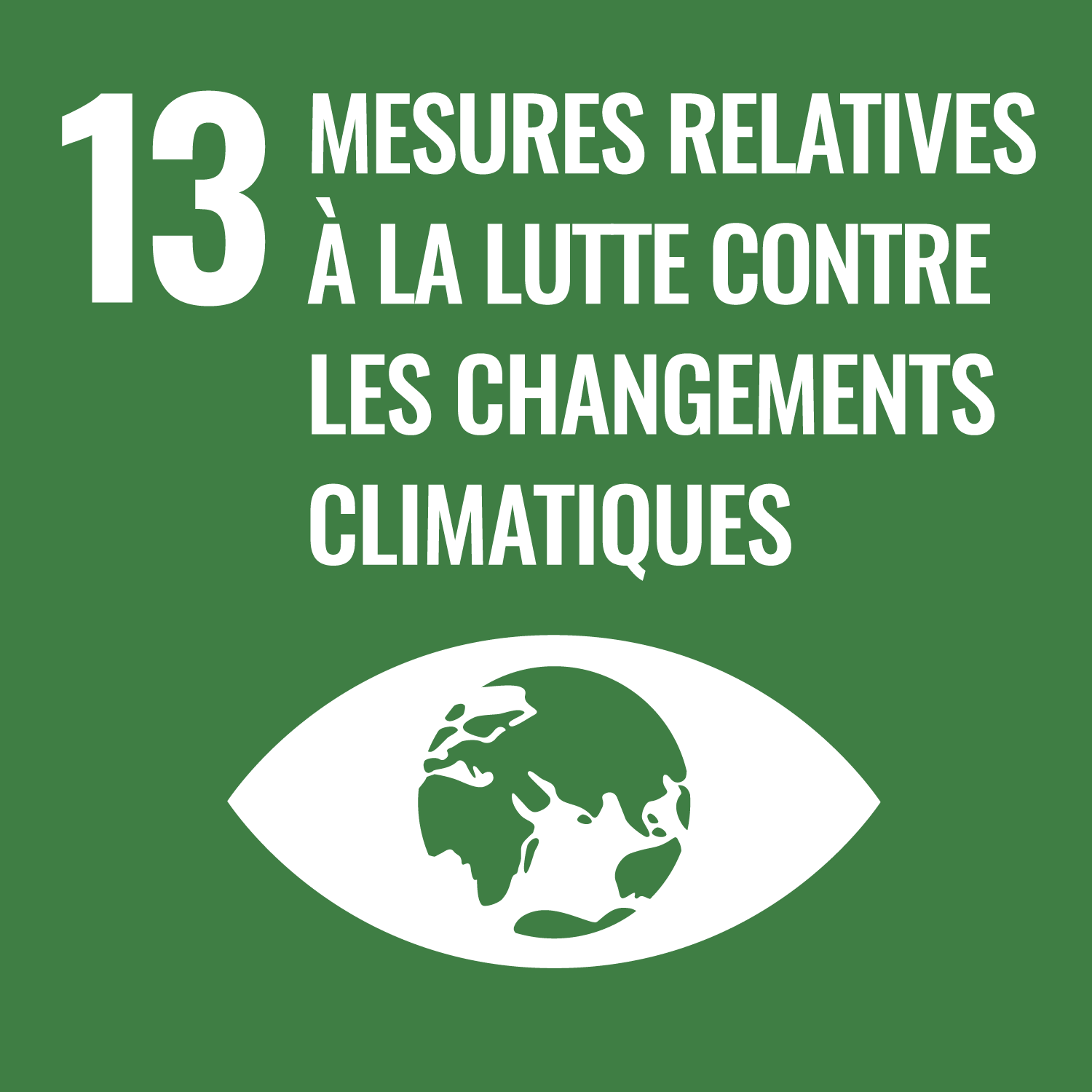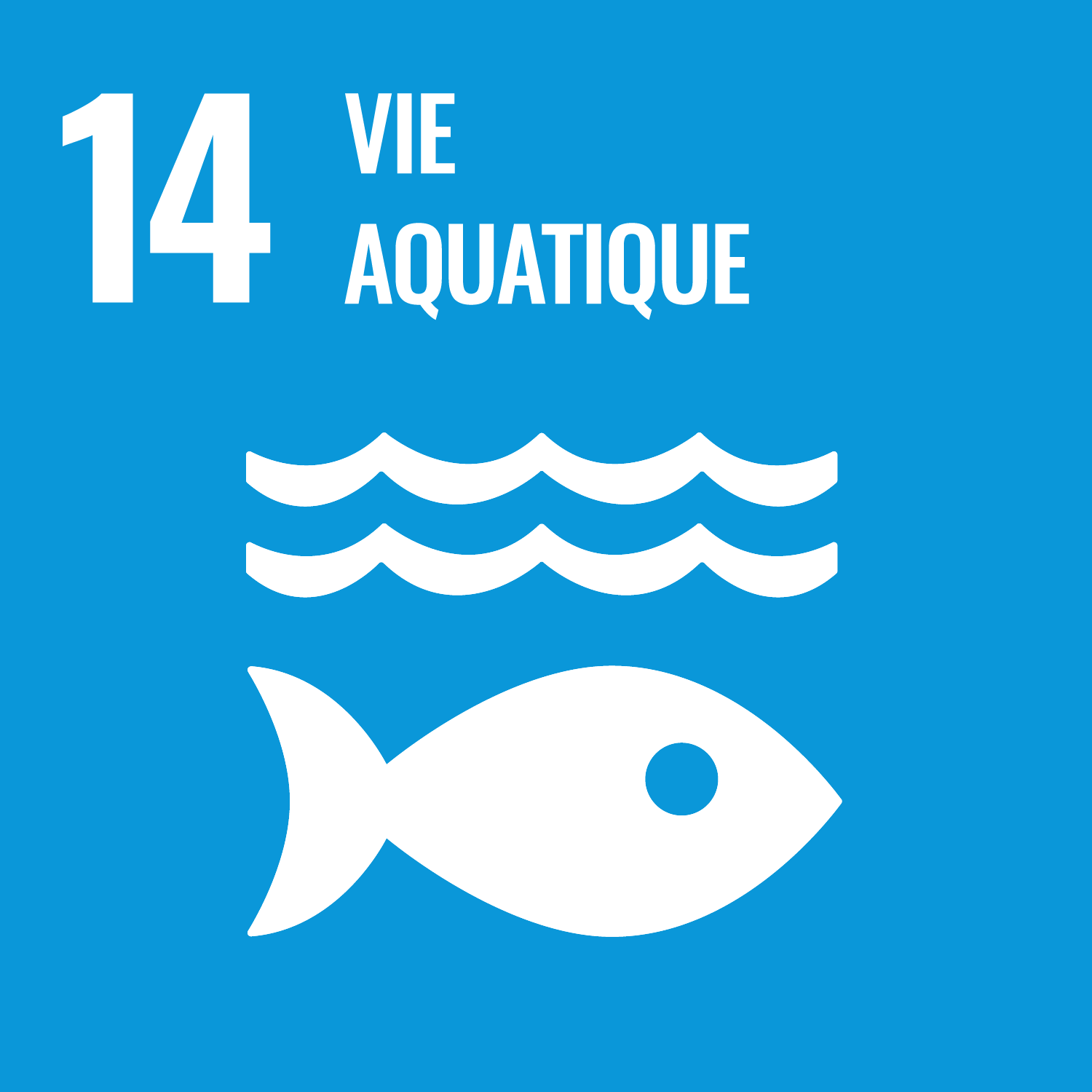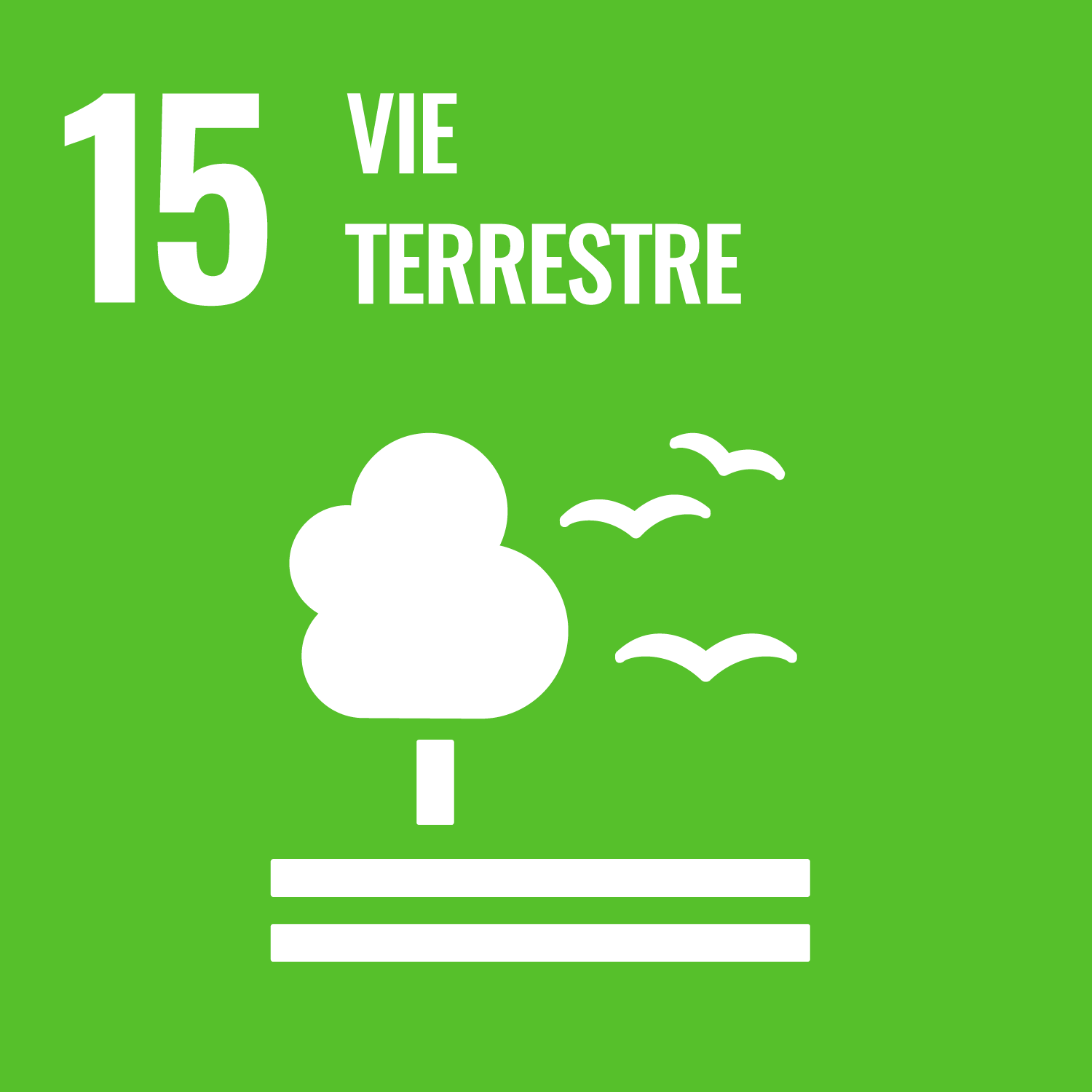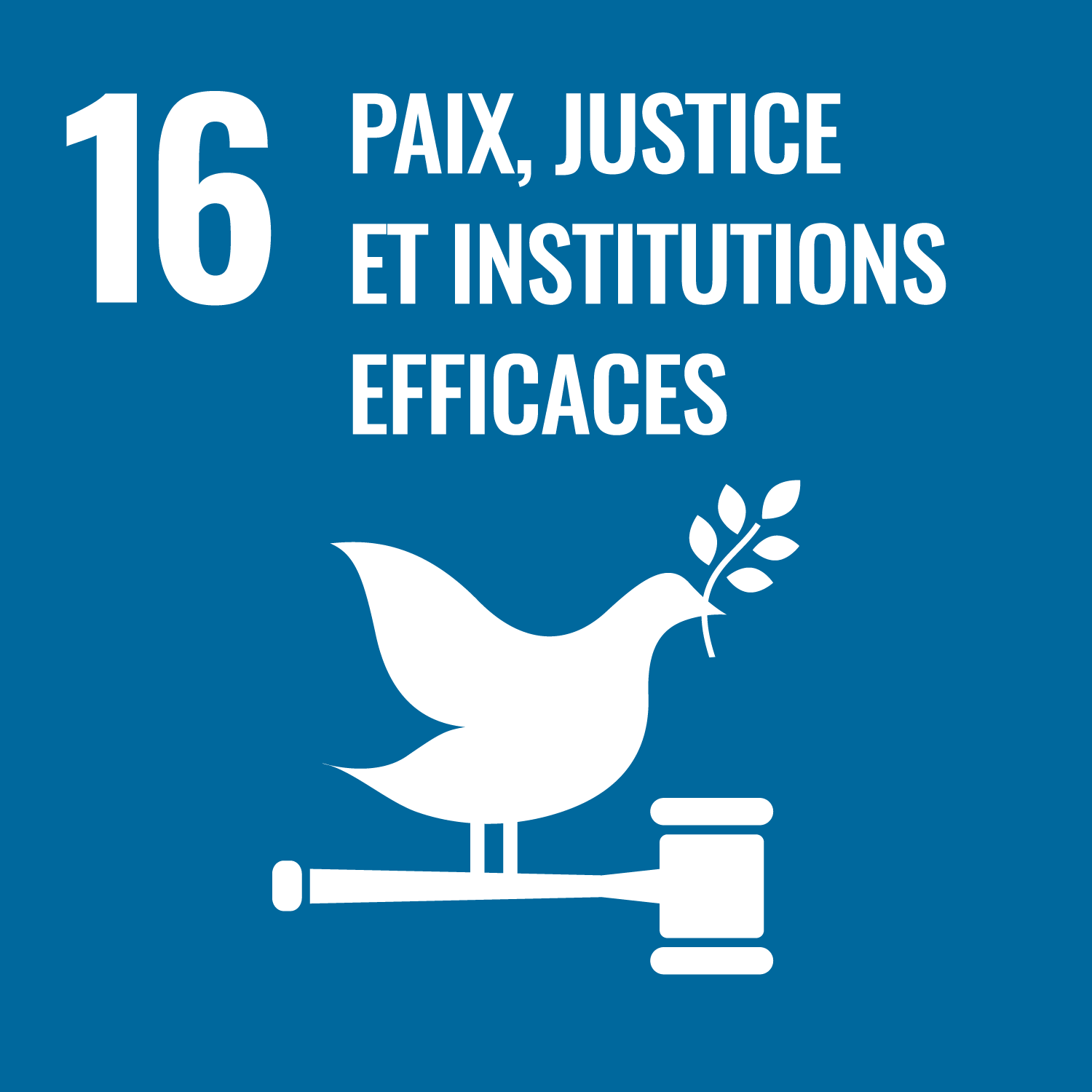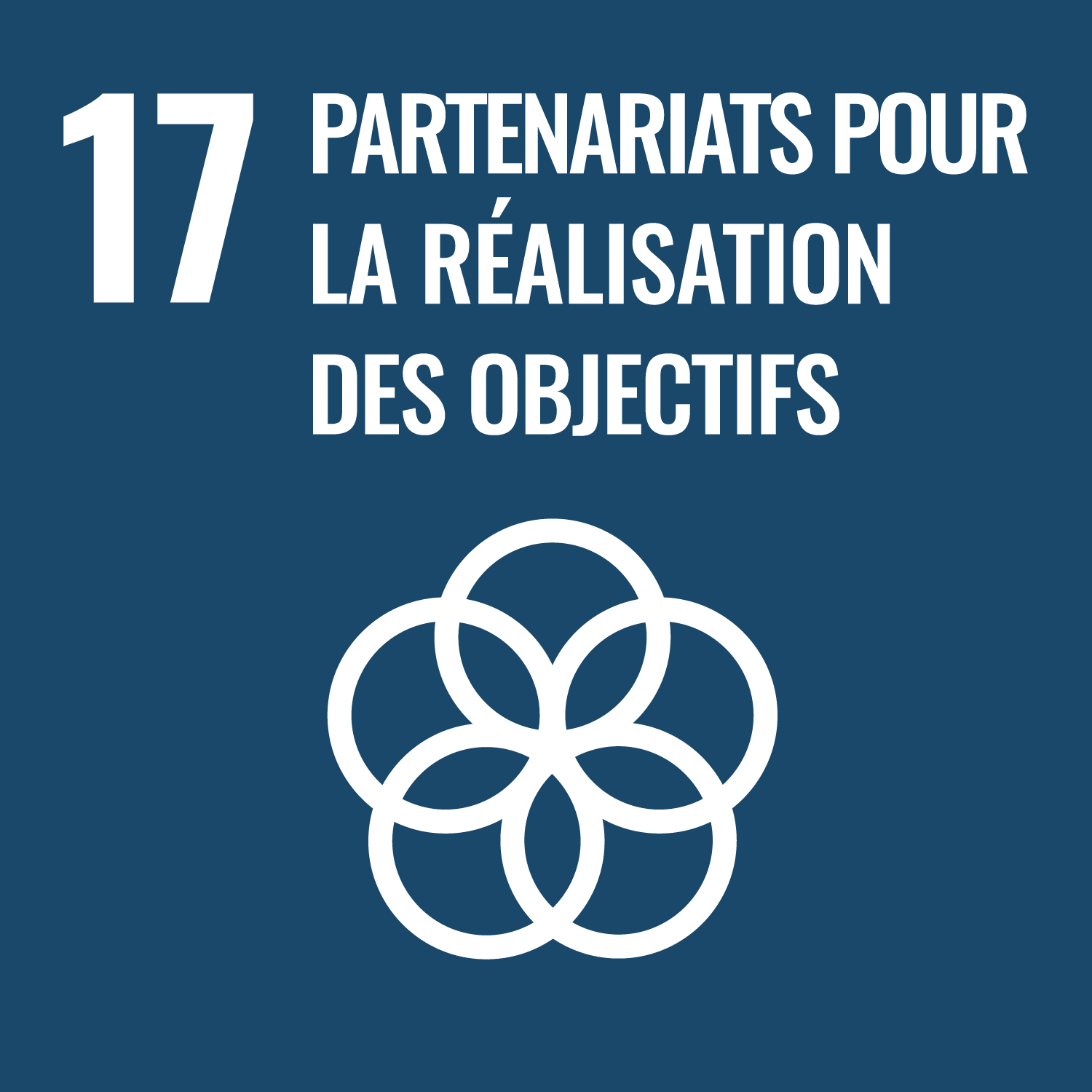Written by Max-Otto Baumann and Ola Abualghaib
The United Nations’ member states are currently discussing the next iteration of the UN funding compact, the high-level agreement aimed at raising the level of core funding for the UN’s development work to enhance the implementation of Agenda 2030. Following these discussions, a proposal for the new funding compact will be prepared for the United Nations Economic and Social Council (ECOSOC) in Spring 2024.
The first phase of the funding compact was not as successful as expected. Core contributions went from 19.4% of voluntary funding for development in 2017 to 21% in 2021 – far from the agreed target of 30%.
The UN’s development work is still driven by earmarked contributions, also referred to as “bilateral resources”, that are tied to specific projects or programs. One explanation for the persistence of earmarked funding might be the lack of a clear benchmark for judging funding modalities. The language that UN reports often use in talking about earmarked contributions includes phrases such as “lack of flexibility” and “unpredictability” — not ideal if the aim is to influence donor behaviour.
In our view, an effective way to evaluate funding modalities is to assess the extent to which they promote best practices in UN development work. These would include the delivery of high-level policy advice based on global frameworks and local evidence; making use of the UN’s rich practical experiences from around the world; working towards systemic and long-term change; acting as a convener for stakeholders within and outside government; and operating in an integrated fashion, delivering as one.
While earmarking does have merits, pooled funding, where two or more donors “pool” their contributions based on thematic priorities, provides a viable but underappreciated alternative to both core and earmarked funding. A donor might earmark precisely to support the elements of best practice described above. However, too often, earmarking leads to short-term projects implemented in isolated ways and lacking outcomes. There is ample evidence in reports of the Multilateral Organization Performance Assessment Network and the UN’s own evaluations that this undermines the UN’s ability to achieve sustainable impact.
The UN Multi-Partner Trust Fund Office currently administers 68 pooled funds targeting development issues, ranging from highly specific, country-level funds to broader ones such as the Joint SDG Fund. While contributions to pooled funds have more than doubled over the past five years, just 8% of development funding came through pooled funds in 2021, according to ECOSOC data.
The Disability Fund of the UN Partnership on the Rights of Persons with Disabilities (UNPRD) demonstrates how pooled funds can foster best practices in the UN development system, given their agenda-setting and normative functions. Funding subject to country-level allocation often goes to crises and immediate government and donor priorities, leaving few resources for crucial normative work and the UN’s Leave No One Behind mandate.
Pooled funding also tends to be oriented towards systemic change as funded programs are more likely to be based on rigorous situational analyses that involve a range of key stakeholders, with theories of change taken more seriously than in bilaterally funded projects. A UN official working on a UN Disability Fund project in Sierra Leone told us that when it comes to addressing short-term, immediate needs, it’s more effective to seek support from bilateral donors. But for initiatives aimed at bringing about systemic change, resources from funds like the Disability Fund are essential.
Pooled funding fosters coherence and facilitates convening. Pooled funds often support joint initiatives of two or more UN agencies, bringing them together and serving as platforms to convene civil society organisations, giving them voice and visibility. A UN official from Zimbabwe told us that a UN agency had been working on disability issues for 10 years with minimal impact. Once a UNPRD-funded program began, introducing more effective collaboration among relevant stakeholders, progress was swift and significant.
Additionally, pooled funding encourages knowledge exchange and learning. A fund’s secretariat can consolidate knowledge acquired from implementation experience and provide expert support across implementing agencies. It can also bring together implementers across countries, and experts from academia and other fields. This collaborative approach fosters the development of a community of practitioners engaged in mutual learning – something that UN staff involved in these funds have highlighted to us as particularly exceptional.
Finally, pooled funding supports collective responses to crises. Like many pooled funds that allow the UN to respond in a timely manner when the need for humanitarian assistance arises, the UNPRD’s Disability Fund has been able quickly to mobilise softly earmarked resources for interventions related to COVID-19 and the Ukraine conflict.
However, pooled funding is not a panacea. Concerns persist around the short-term nature of many of these funds, and the extent to which their potential added value is actually realised varies. UN field offices, which lack sufficient institutional funding, face challenges in implementing projects and may still struggle to adhere to best practices.
Nevertheless, with the growth of pooled funding in recent years, the time is ripe for the UN to review more systematically the effectiveness of pooled funds in promoting best practices in UN development operations.
Any shortcomings identified by such a review might be efficiently addressed by the governance bodies of these pooled funds. They can develop and enforce rules, not beholden to any one large organisation with an inherent tendency to maintain the status-quo and accord priority to its own interests. Moreover, competitive funding allocation processes could be used more fully to ensure program quality.
To facilitate the further expansion of this funding modality, one possibility would be to establish a small number – perhaps five to ten – flagship UN pooled funds that could serve as “coalition platforms” for specific topics. This would allow some of the many smaller pooled funds to be streamlined into the larger ones.
Utilising pooled funds in preference to earmarking where possible should yield a higher return on investment for donors, and would also send a clear message to UN agencies that donors are committed to the promotion of best practice in the UN development system. This would help UN agencies to align their efforts accordingly.
Note:
The Joint SDG Fund's joint programmes are under the prestige leadership of the Resident Coordinator Office and implementing United Nations Agencies. With sincere appreciation for the contributions from the European Union and Governments of Belgium, Denmark, Germany, Ireland, Italy, Luxembourg, Monaco, The Netherlands, Norway, Portugal, Republic of Korea, Saudi Arabia, Spain, Sweden, Switzerland and our private sector funding partners, for a transformative movement towards achieving the SDGs by 2030.


